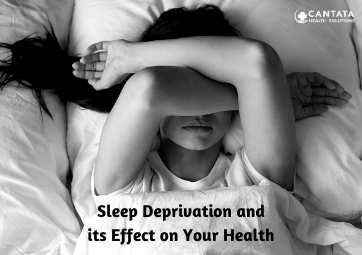For more than 25 years, Richard Youins struggled to find help with his drug addiction. Youins is from New Haven, Conn., home to both Yale University and a number of less affluent neighborhoods—his community has been shaken by murders and drug-related crimes during the pandemic. Substance use clinics and treatment sites were available, but he felt the care they provided overlooked who he was as a person. The needs “of our community weren’t being addressed,” says Youins, who is Black. “It wasn’t realistic.”
Youins felt that traditional mental health care ignores the social, economic, emotional, and faith-based needs of underserved communities. “After hanging out and spending all my money on a Saturday night, I would feel so ashamed I wanted to go and talk to God,” but doing so felt out of reach because he felt unwelcome in church settings, and the services available to him did not cultivate that type of much-needed support network, he says. Now sober, Youins works as a peer-support specialist with the Connecticut Mental Health Center and has seen how COVID worsened mental health challenges in his city. “It’s a trying time,” he says.
Read the full article HERE

